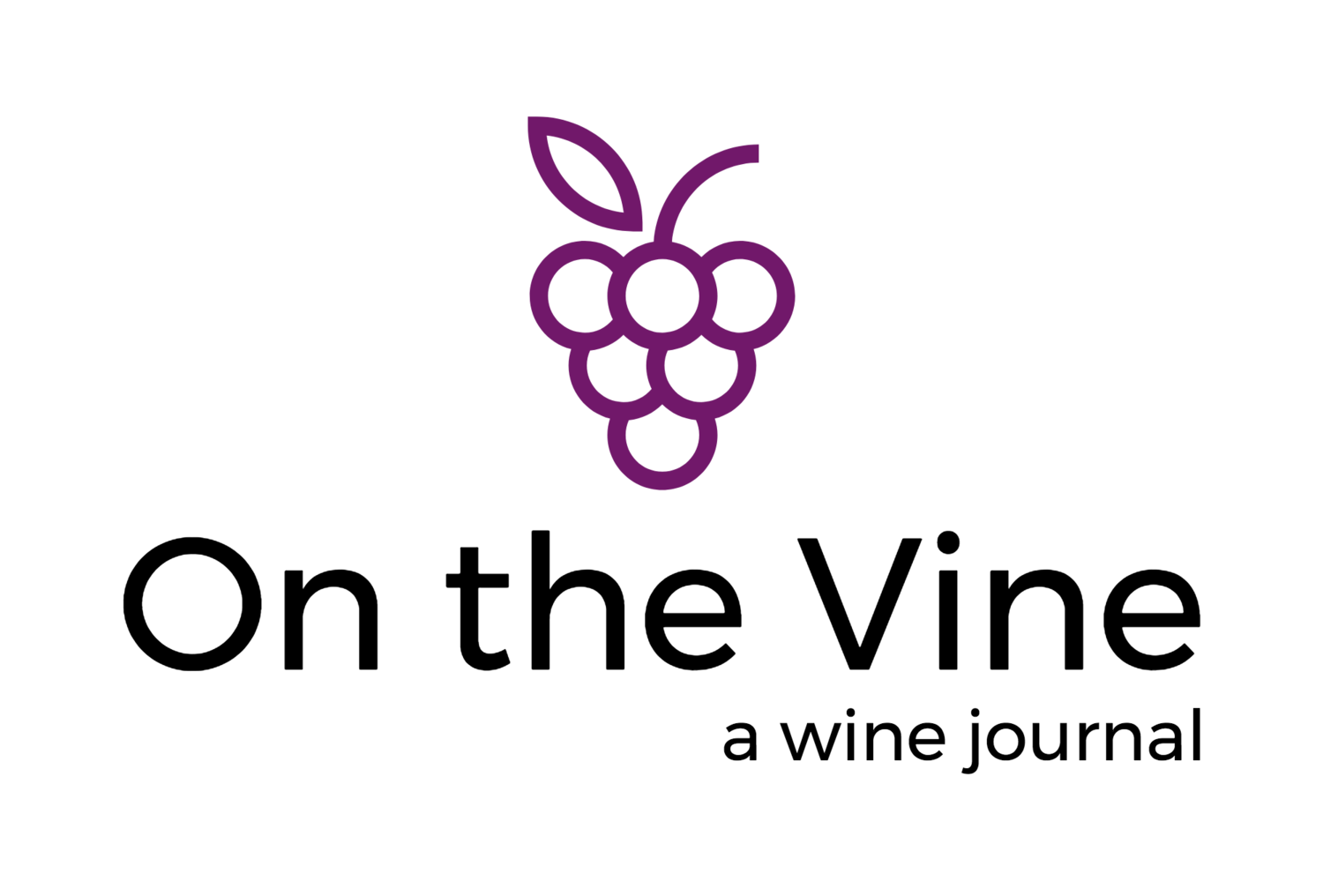Hatching New Talent
/This article appeared in the June 2025 issue of Oregon Wine Press.
carrie wynkoop, founder of avp wine collective
Rumbling semitrucks and a seemingly endless concrete landscape alongside Highway 224 on the southeast edge of Portland feel far removed from the lush vine rows typically associated with winemaking. But tucked away in 60,000 square feet of a repurposed grocery warehouse, a revolution is brewing — not in the fermentation tanks, but in winemaking culture itself. This bold initiative challenges the traditional narrative, creating pathways for winemakers overlooked in this predominantly white, male-dominated field.
Carrie Wynkoop founded AVP Wine Collective two years ago as a cooperative winery that currently supports 15 emerging brands and related, space-intensive industry services. Forty percent of the winemakers are women, 30 percent identify as members of the LGBTQ community and 30 percent are people of color.
SMALL PASSION
AVP grew from Wynkoop's long-held passion for Oregon wine, previously manifested in her wine club, Cellar 503, which distributes wines from small Oregon producers nationwide. AVP's licensed and bonded facility features a comprehensive array of winemaking equipment shared by the resident wineries, along with various storage and fulfillment services for outside wine, beer and spirits makers.
"Small wineries are the foundation of the Oregon wine community," affirms the AVP website. "We are supporting the next generation of winemakers with everything needed — from crush to bottle — to make your wine your way."
From the outset, Wynkoop envisioned an incubator program at AVP. The goal is to nurture two or three new winemakers each year, offering them the technical mentoring, industry connections and supportive infrastructure necessary to launch their own wine brands.
"I wanted to make sure the program was well-rounded," recalls Wynkoop, providing a "framework for not only making wine but building a successful business."
EYES WIDE OPEN
"I think it's a very big eye-opening experience," observed veteran winemaker Cristina Gonzalez, the program's self-described "Mother Hen" and owner of Gonzalez Wine Co. "You don't have to have a lot of money to get started, but you sure got to have a lot of grit and the desire to really do it," she added.
Clearing the way for winemakers who traditionally encounter the industry's obstacles is central to both women's vision for the incubator. "We need to get more people of underserved communities in the wine industry," said Gonzalez.
The incubator’s two participants, Jennifer Warner and Randall Coats, are concluding the inaugural year under the guidance of Wynkoop and Gonzalez, along with Corey Schuster, AVP's Winery Director. They began last summer by diving into the details of wine's legalities, licensing, sales and shipping. Gonzalez and Schuster acquainted them with AVP's equipment, safety protocols and the logistics of collaborating with other winemakers in the shared space.
Before long, they sought out fruit sources and made their first wines.
With the harvest behind them and their first wines in barrels, they are turning their attention to marketing and distribution — and sitting down with me to share their experiences so far.
Randall Coats
After spending a decade in wine service and retail, Randall Coats views the production side as the next step in expanding his knowledge and using it to develop an innovative brand. "I want to keep it outside the box as best possible," he said.
Coats arrived in Oregon after working at Manhattan's City Winery. The Pier 57 venue features an operational winery along with a restaurant and a concert space. The wine list included Oregon Pinot Noirs, which acquainted Coats with the region.
"Oregon was on the radar early," he said, "well before I understood why Oregon is where it is in the wine world."
Making wine accessible instead of being seen as "mythical and mystical" is part of the Detroit native's vision for the industry's future. His Midwestern roots influenced his decision to create a white wine using Cabernet Franc, which he describes as "Michigan's go-to grape." He also produced a Sauvignon Blanc, satisfying his "nerdy side" since the crossing of the two varieties resulted in Cabernet Sauvignon.
The two wines are the initial offerings of his new Wine 4 The People brand.
Jennifer Warner
Jennifer Warner, a serial entrepreneur, has founded three businesses prior to this. However, the incubator at AVP inspired her to write her first business plan. The shift from business consulting to creating and marketing a product compelled her to sharpen her pencil.
The Wisconsin native moved to Oregon from Arizona a decade ago. Her initial passion for fermentation was making cider at home. Restlessness after the COVID-19 shutdown prompted her to take classes at Chemeketa Community College near her home in Salem.
"I didn't really have any intentions on making wine, and then this opportunity came about," she remembers. "This [incubator] sounds really cool," she said, "So I applied, and here I am."
For her Dagger Daisy brand, Warner has made a Sauvignon Blanc and a rosé of Pinot Noir. "I wanted to make varieties that I really like," she said.
She bought Pinot Noir grapes from a man who had just purchased a home with a small vineyard. "It was his first year selling fruit," she recalls, "so it worked out really well. We kind of learned together."
Coats and Warner agreed that winemaking proved more challenging than they initially thought, as each juggled its demands with other work commitments. The mentorship of Wynkoop, Gonzalez and Schuster, along with the informal support of AVP's other winemakers, provided them with a wealth of information. Coats appreciated that "everyone is more understanding of how life impacts what you're doing here."
"I think collective spaces are going to be more and more important as the industry continues to evolve," said Wynkoop. "We really are focused on the support issue around here and creating a really intentional community," she continued. "I think those qualities carry over and can impact the wine industry as a whole.”








